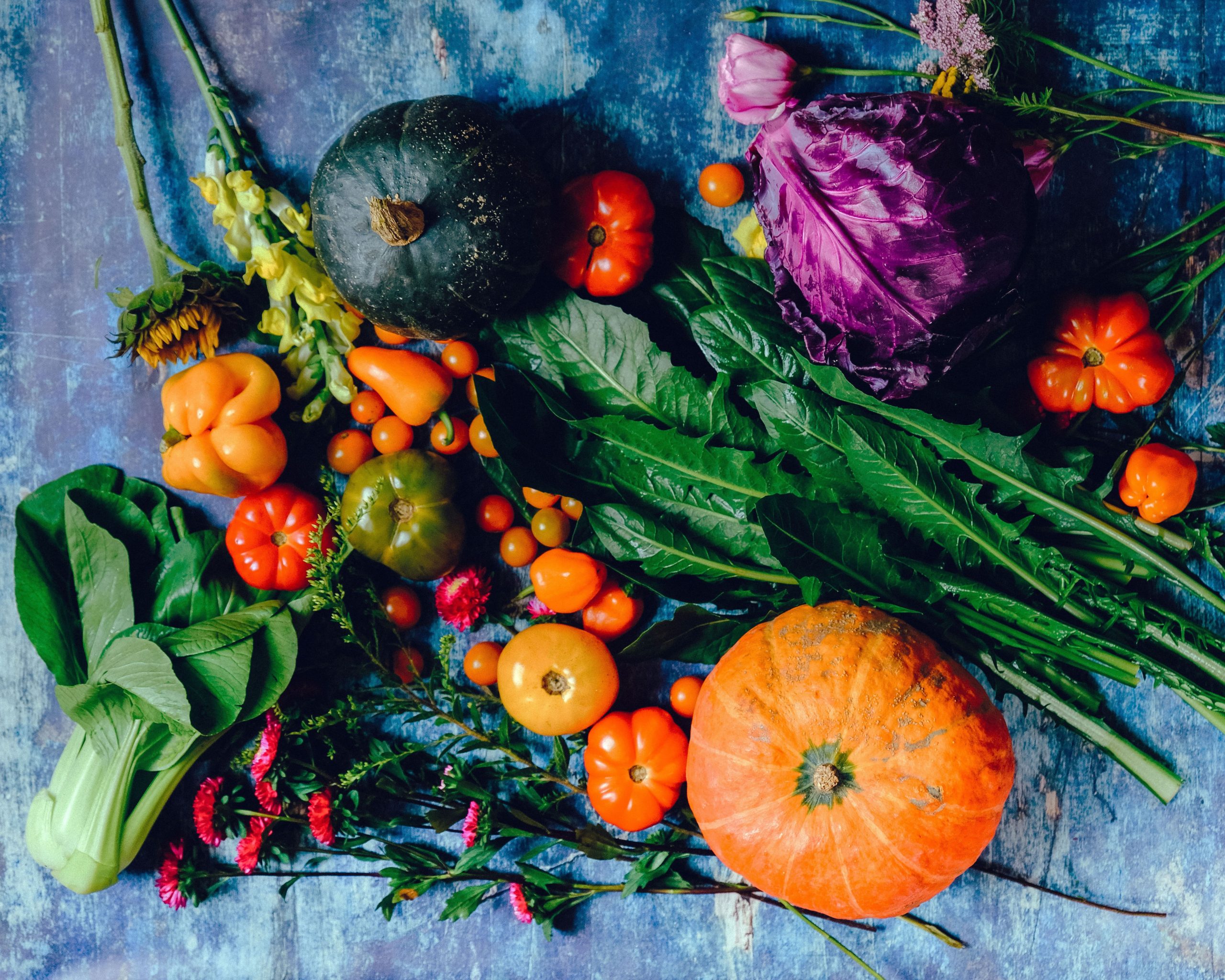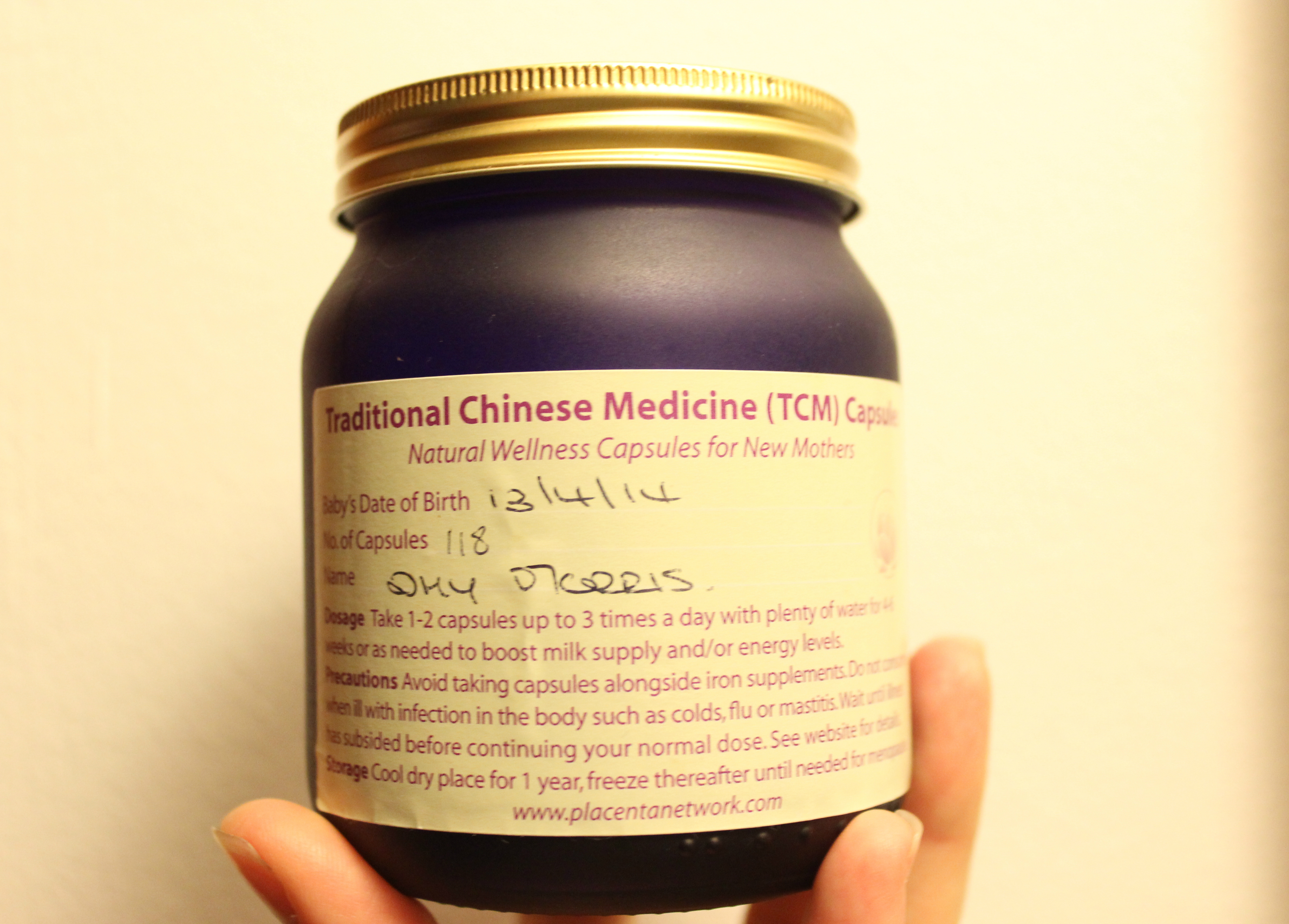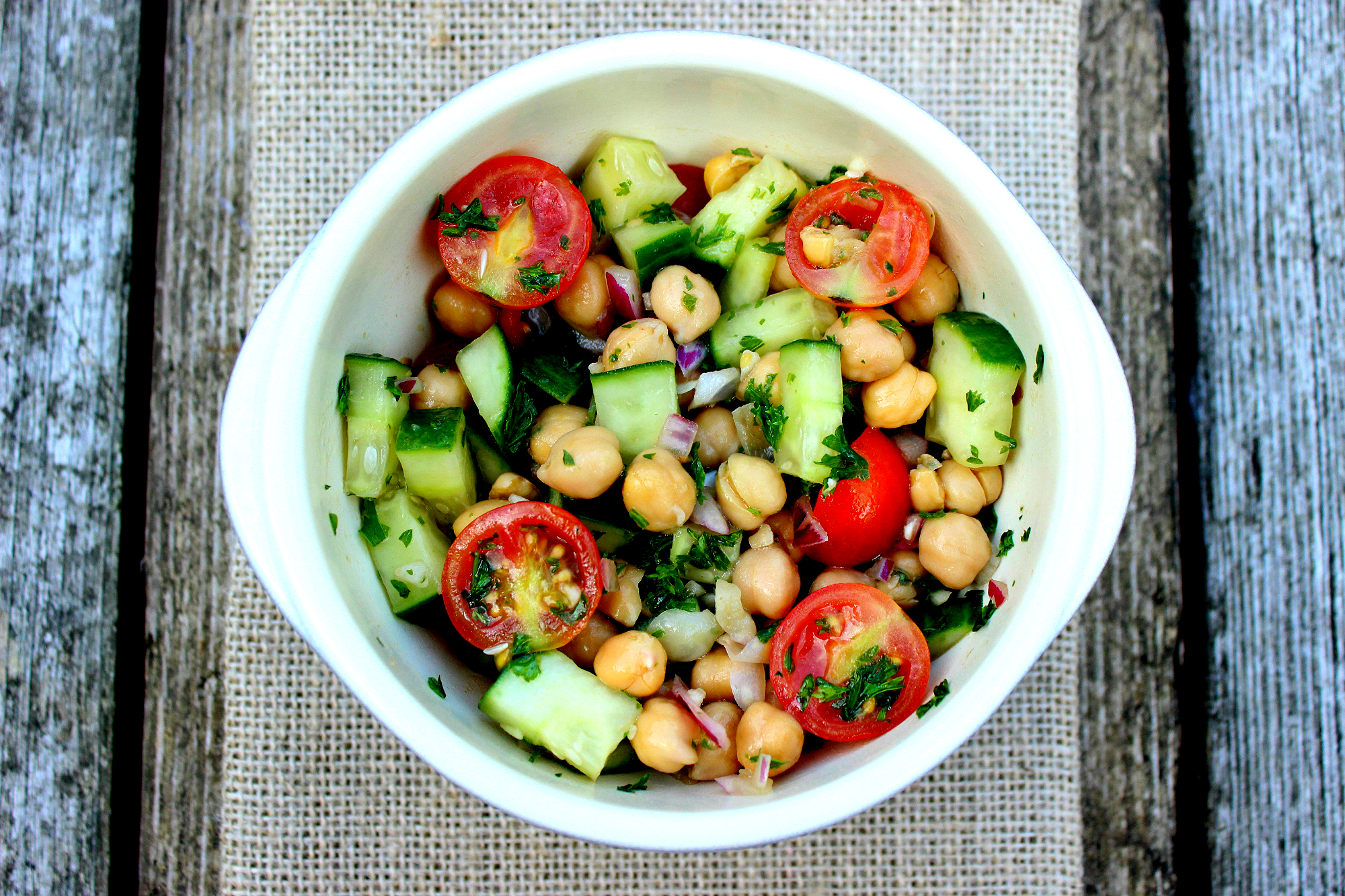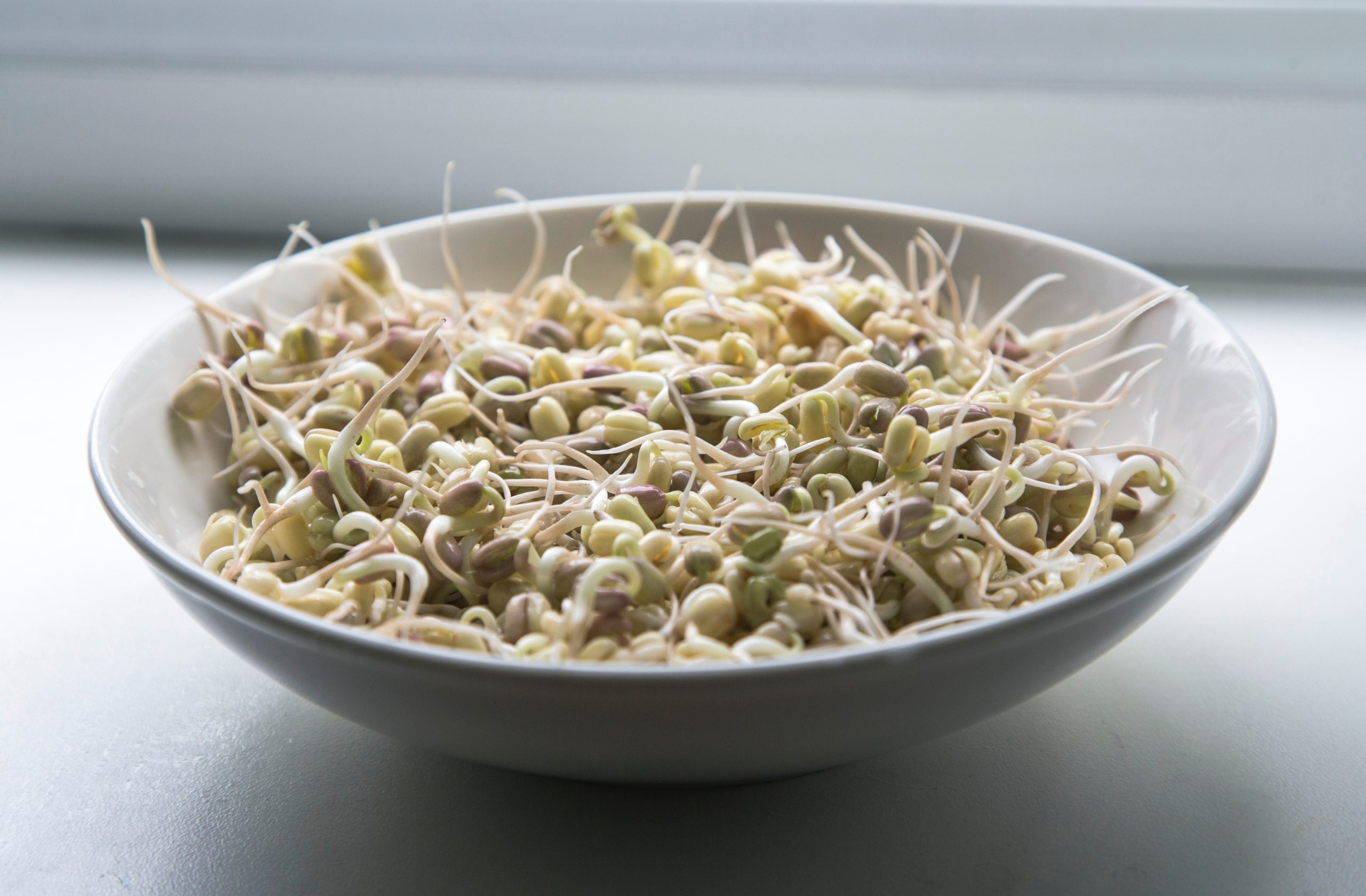This month the UK celebrates Organic September. A yearly campaign started by the Soil Association who is an NPO and UK’s leading organic food and farming charity, as well as organic certification body. Organic September is aimed at helping people to understand the importance of choosing organic food, and to then encourage them to make the switch to eating more organically farmed produce.
Although ‘organic’ has become a slightly overused buzz word of late, sometimes also being incorrectly used to make consumers buy products without the ingredients genuinely being organically farmed, this does not take away from the fact that people everywhere in the world would benefit from supporting the organic farming movement. Read more below to find out what true organic food is and how now getting behind this campaign and movement is effecting your health and the planet without you perhaps realising.
What Is The True Definition Of Organically Farmed Food?
Organically certified food is simply put, real food that Mother Nature intended us to eat. Organically farmed food has to meet strict conditions to be labelled as such. Here is a quick guide on what organically certified food is:
- No synthetically manufactured fertilisers, herbicides or pesticides can be used on crops grown to an organic standard. And such items used must be derived from natural biodegradable sources and not synthetically manufactured. Fertilisers permitted in organic agriculture are made from plants and well cared for animals, requiring less energy to make.
- No genetically modified (GM) crops or ingredients are allowed.
- In animals that are reared organic, no GM food is to be given, only organically certified food or grazing is allowed and no routine antibiotics are permitted.
- All animals reared organically must meet true free range standards.
- No artificial colours or preservatives are permitted in organically certified food products.
- Every single item of organically certified food is fully traceable from farm to fork – ensuring you know what you are eating and where it came from.
- Organically certified farms are inspected at least once a year, and in the UK are checked to ensure they are compliant with what the European law states organically farmed food must be.
- Choosing organically farmed produce and meat ensures you are helping to slow down climate change as it cuts greenhouses gases during its production, whilst also ensuring more wildlife is protected.
Whereas food that isn’t organically grown or reared makes use of manufactured/synthetic and mined fertilisers and pesticides that are not always biodegradable and can have harmful effects on the planet including waterways, green spaces, wildlife and our health if ingested.
Organically farmed animals are also taken care of much better vs. those that are not reared organic, with their rights to space, natural living and humane treatment being adhered to.
How Is Organically Farmed Food Better For My Health?
If you still need convincing that organically farmed food is better for you, look no further than what recent scientific studies have identified as crucial reasons health reasons to choose organic food.
In 2014, Newcastle University and a team of international experts published a study in the British Journal of Nutrition stating that organic food crops can have 60% higher levels of key antioxidants (which help fight free radicals, preventing abnormal changes to cells, proteins and DNA ), vs. conventionally grow crops. This particular study shows that this increase in antioxidants is the equivalent of a person eating 1-2 extra portions of fruit and vegetables a day. The study also discovered that organic crops contain significantly “lower levels of toxic heavy metals”. Cadmium, for instance, was found to be “almost 50% lower in organic crops than conventionally-grown ones”.
Another recent study also carried out by Newcastle University, has shown that both organically certified meat and milk contain “almost 50% more of the beneficial omega 3 fatty acid” vs. conventionally produced milk and meat. This is of huge importance also when western European diets are considered to contain too little omega 3 fatty acids on average.
Choosing Organic Food Preserves Mother Nature For Future Generations
From protecting the health of our planet, slowing down climate change and enabling us to take in more nutrients, these are just some of the reasons choosing organically certified food is better than choosing conventionally grown food.
It is all these reasons we have mentioned today combined, that ensure we have a truly natural and healthy eco-system in which to grow organic food in the first place and to live within. An environment that is free from unnatural GM crops and synthetic chemicals for generations to come, that can and are, causing detrimental and irreversible effects to our health and the environment. Many of which are only being backed by the government due to poor biased studies being carried out that can have deeply serious (and often unknown) consequences to our health and the planet, due to the lack of long-term data.
So the take-home point here is that every single time you choose a product that is organically certified, be it food or a beauty product, you are voting to keep Mother Nature intact and healthy for generations to come. You are saying no to unnatural and unknown food growing systems. The power and our future truly is in the hands of the consumer. So vote wisely with your money and please share this vital information with friends to help preserve our planet.
Sources:
https://www.soilassociation.org/organic-living/what-is-organic/
https://www.ncl.ac.uk/press/articles/archive/2015/10/organicvsnon-organicfood/
https://www.ncl.ac.uk/press/articles/archive/2016/02/organicandnon-organicmilkandmeat/



